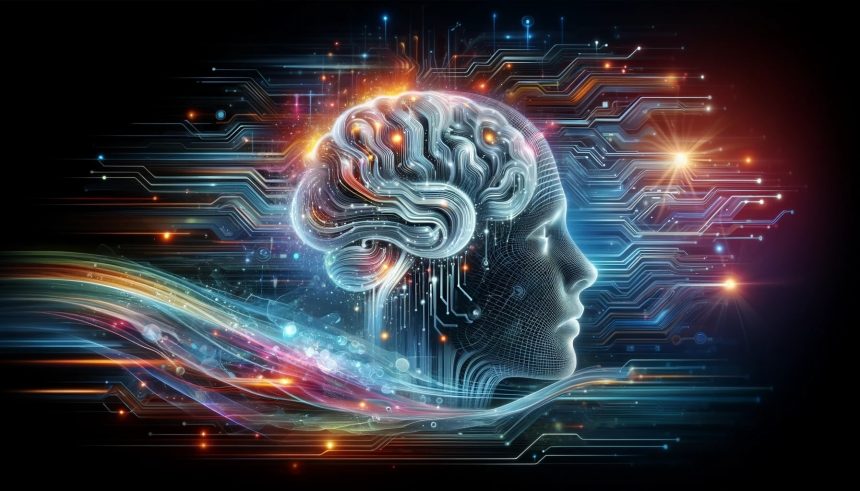Google DeepMind has introduced a robot equipped with artificial intelligence that can play table tennis against human opponents. This development marks a significant step in robotics, showcasing a machine capable of interacting and competing with humans in a physical sport. The robot, which has been trained on various table tennis techniques, continues to learn and adapt through gameplay. The A.I. lab’s innovation underscores the potential for robots to participate in complex, real-time tasks alongside humans.
Earlier reports on robotics in sports have generally focused on simpler tasks or cooperative games. However, Google DeepMind’s table tennis-playing robot stands out as it competes against human players at different skill levels. The ability to scale robot learning to such complex physical tasks, involving high-speed motion and precise control, sets this project apart from previous endeavors in the field.
Advanced Training and Skills
Google DeepMind’s robot utilizes a robotic arm with a 3D-printed paddle, trained on an extensive dataset of low-level skills such as forehand topspin and backhand targeting. It can select the optimal skill based on game statistics and the opponent’s capabilities, allowing it to improve over time. Despite its intermediate skill level, the robot provides a challenging and enjoyable experience for human players.
Performance and Feedback
The robot competed in 29 matches against players of various skill levels. While it won all games against beginners, it lost 55% of the matches against intermediate opponents and failed to win against advanced players. Advanced players were able to exploit the robot’s weaknesses, such as measuring spin and a weaker backhand. Despite these limitations, players described the games as “fun” and “engaging,” giving an average interest score of 4.87 out of 5 for future matches.
Future Implications for Robotics
The success of the table tennis robot highlights the potential for A.I. in competitive games and sports, which have historically driven advancements in algorithms and technology. Google DeepMind’s previous projects, like AlphaGo, have similarly exhibited the capabilities of A.I. in strategic gameplay. The table tennis robot represents a step towards achieving human-level performance in real-world tasks, contributing to the long-term goals of robotics research.
Google DeepMind’s table tennis robot demonstrates the potential of A.I. in complex interactions with humans. While many challenges remain, such as improving the robot’s ability to measure spin and refine its backhand, the project advances the field significantly. The ongoing development of such robots could eventually lead to machines that perform useful tasks and interact safely with humans, shaping the future of robotics.










